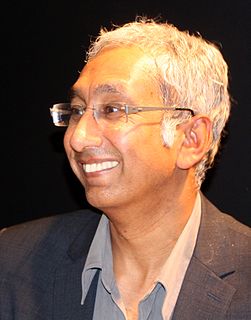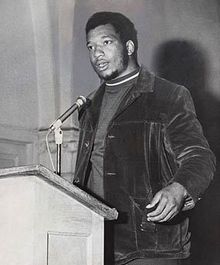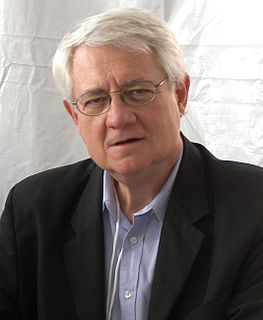A Quote by Aldous Huxley
Unlike the masses, intellectuals have a taste for rationality and an interest in facts.
Quote Topics
Related Quotes
Moral questions may not have objective answers-whether revealed by God or by science-but they do have rational ones, answers rooted in a rationality that emerges out of social need. That rationality can only be discovered through exercising the human potential for rational dialogue, the potential for thinking about the world, and for discussing, debating and persuading others. Values can never be entirely wrenched apart from facts; but neither can they be collapsed into facts. It is the existence of humans as moral agents that allows us to act as the bridge between facts and values.
Truth as a cultural ideal has functioned as an opiate, perhaps the only serious opiate of the modern world. Karl Marx said that religion was the opiate of the masses. Raymond Aron retorted that Marxist ideas were in turn the opiate of the intellectuals. There is perspicacity in both these polemical thrusts. But is perspicacity truth? I wish to suggest that perhaps truth has been the real opiate, of both the masses and the intellectuals.
Why do we not exhaust the heritage of the ages, spiritual and material for our immediate pleasure, and let posterity go hang? So far as simple rationality is concerned, self-interest can advance no argument against the appetite of present possessors. Yet within some of us, a voice that is not the demand of self-interest or pure rationality says that we have no right to give ourselves enjoyment at the expense of our ancestors' memory and our descendants' prospects. We hold our present advantages only in trust.
We got to face some facts. That the masses are poor, that the masses belong to what you call the lower class, and when I talk about the masses, I'm talking about the white masses, I'm talking about the black masses, and the brown masses, and the yellow masses, too. We've got to face the fact that some people say you fight fire best with fire, but we say you put fire out best with water. We say you don't fight racism with racism. We're gonna fight racism with solidarity. We say you don't fight capitalism with no black capitalism; you fight capitalism with socialism.
Intellectuals love Jefferson and hate markets, and intellectuals write most of the books. Intellectuals often think that they should, for the benefit of mankind, act as fiduciaries for the clods who don't have to be intellectuals, and I suspect that has to do with [why historians love Jefferson and not Hamilton, even though Hamilton's vision of America's commercial future was vastly more accurate than Jefferson's].
[The scientist] believes passionately in facts, in measured facts. He believes there are no bad facts, that all facts are good facts, though they may be facts about bad things, and his intellectual satisfaction can come only from the acquisition of accurately known facts, from their organization into a body of knowledge, in which the inter-relationship of the measured facts is the dominant consideration.





































